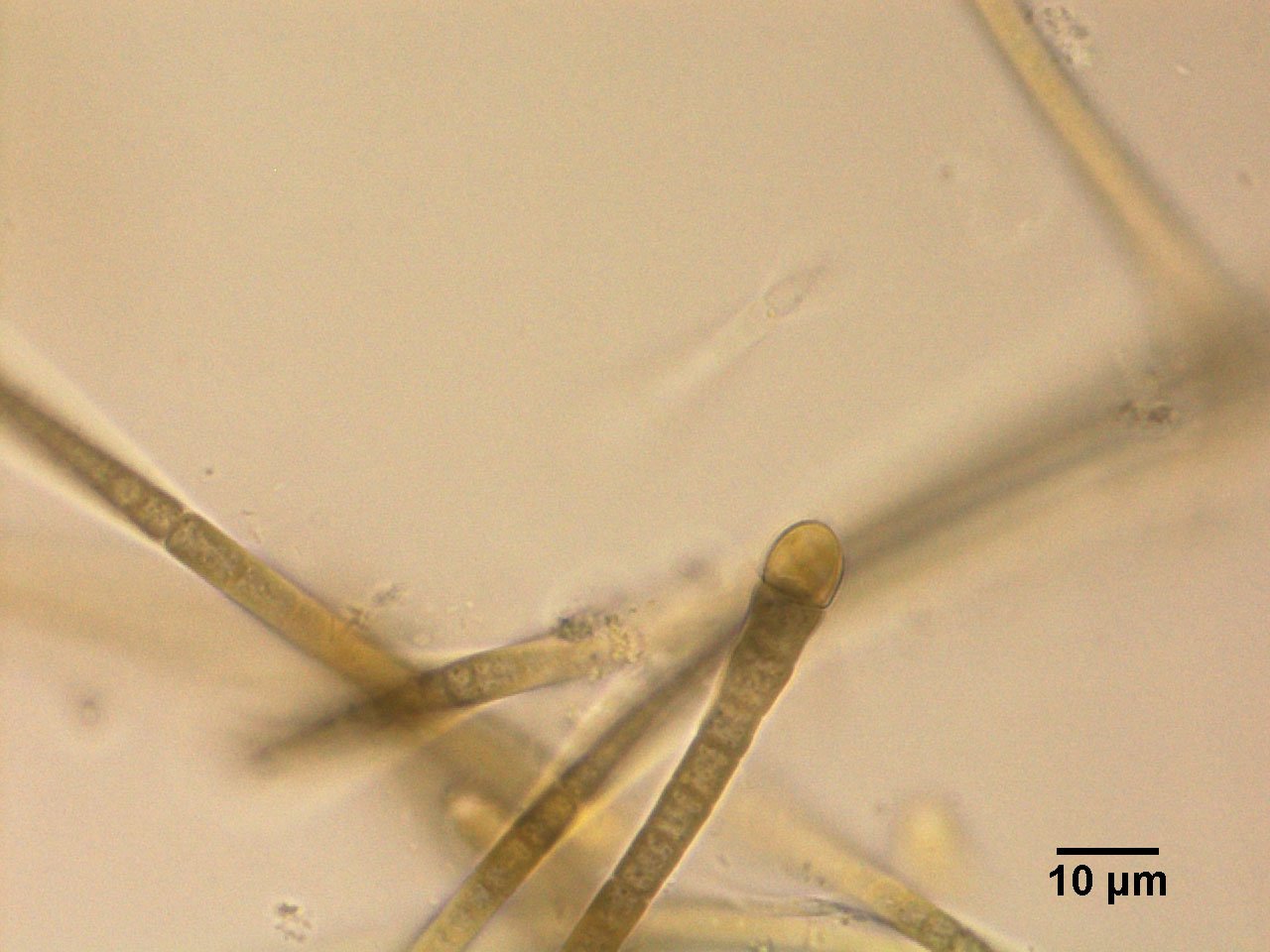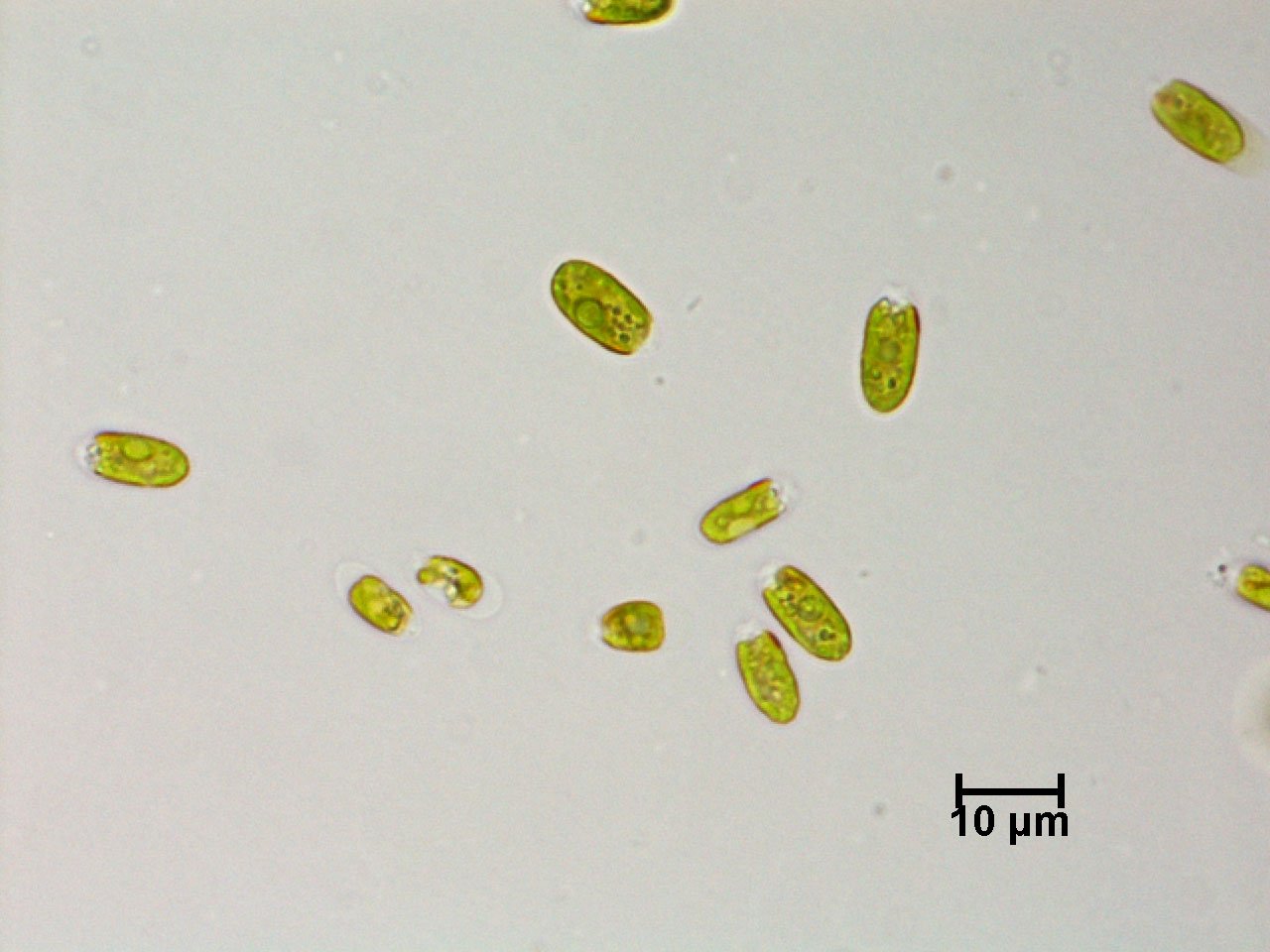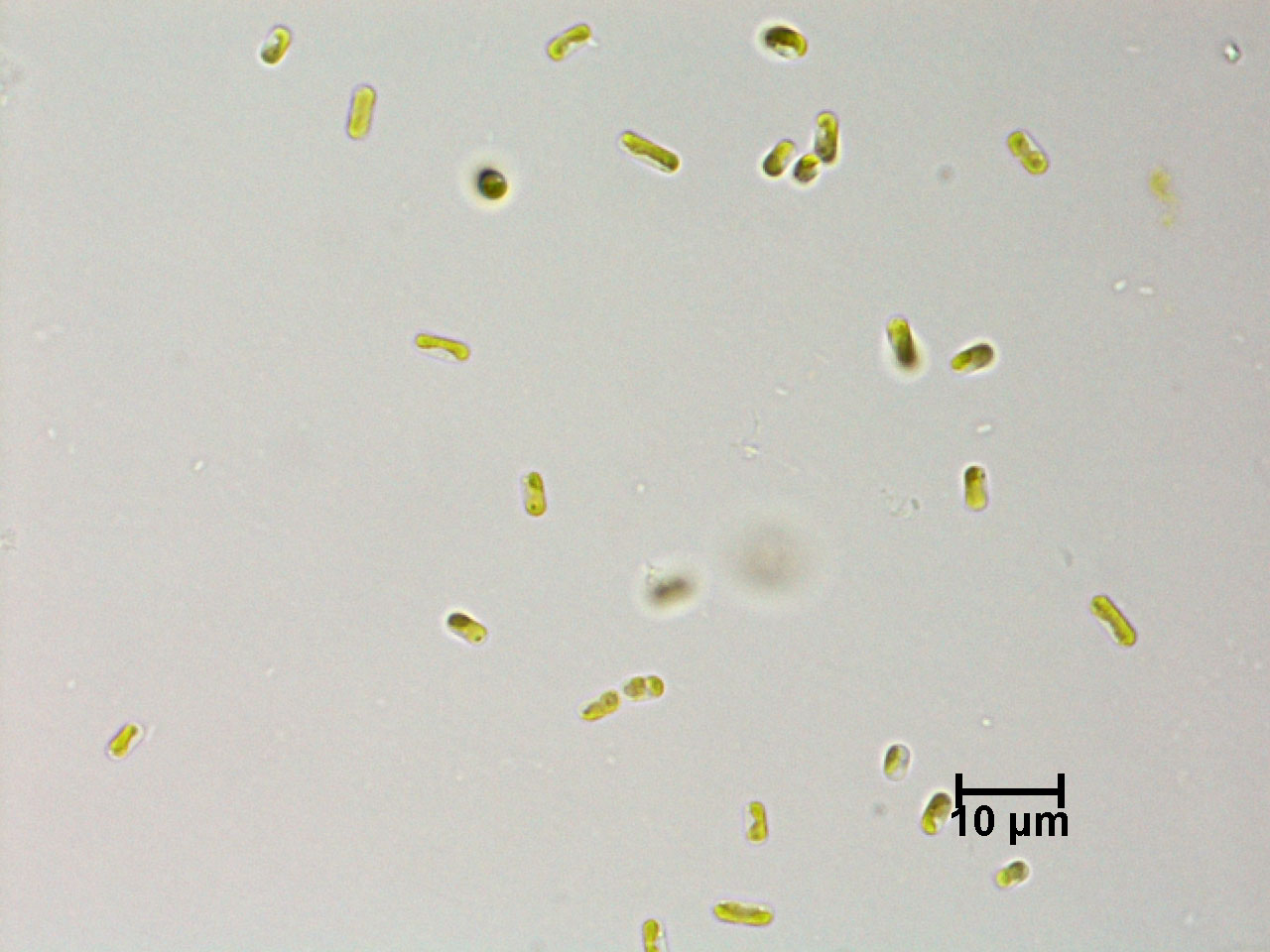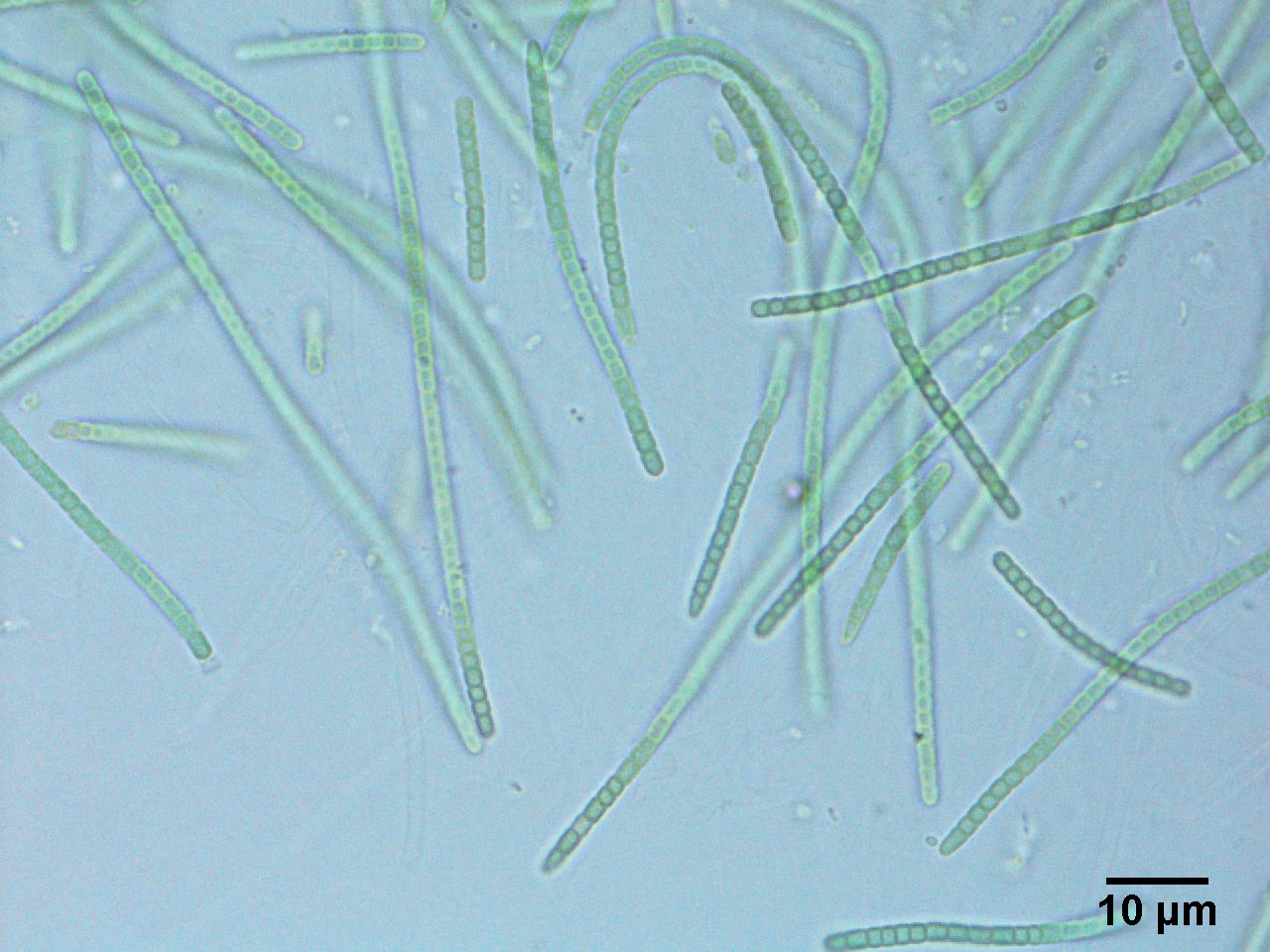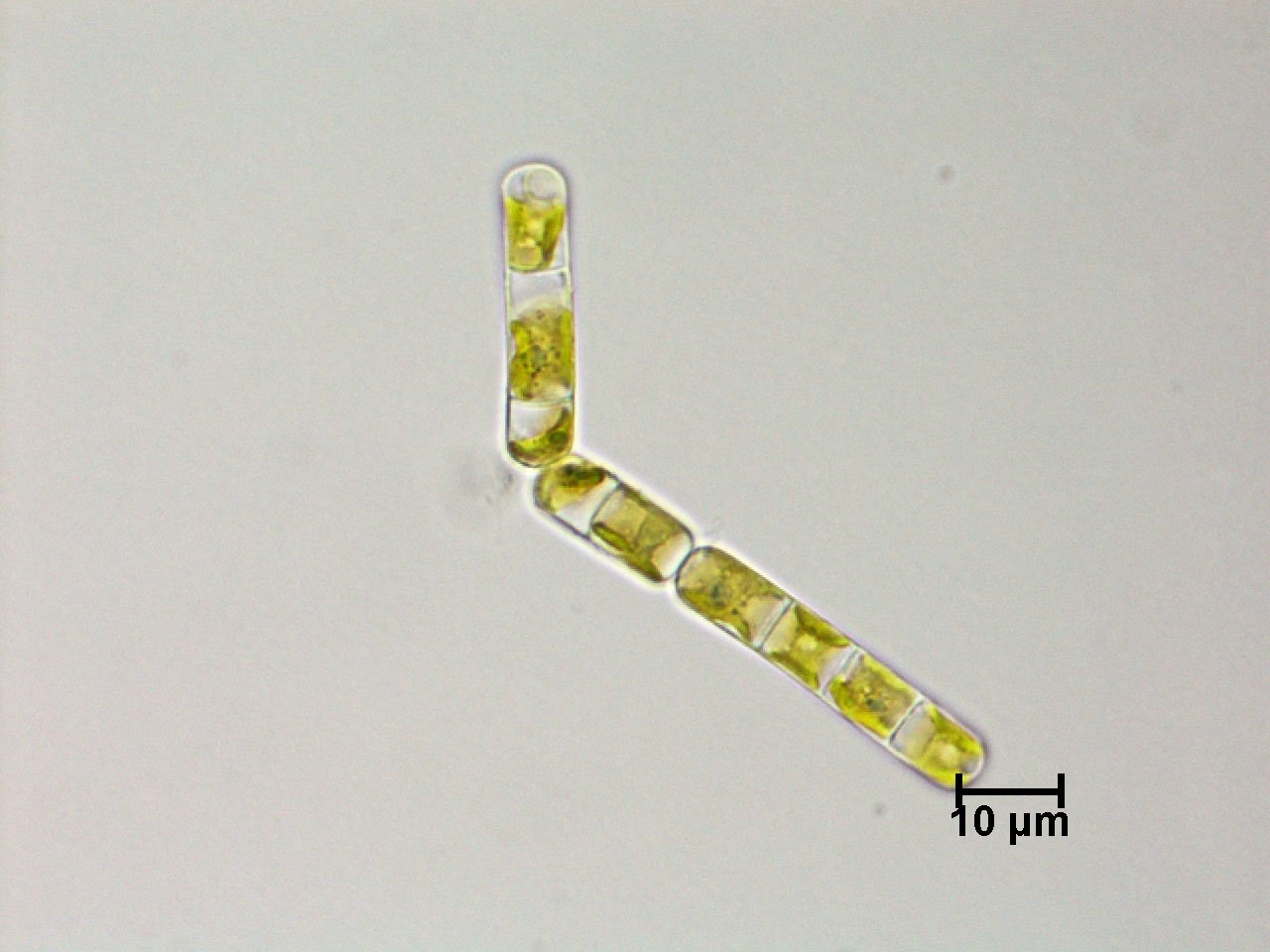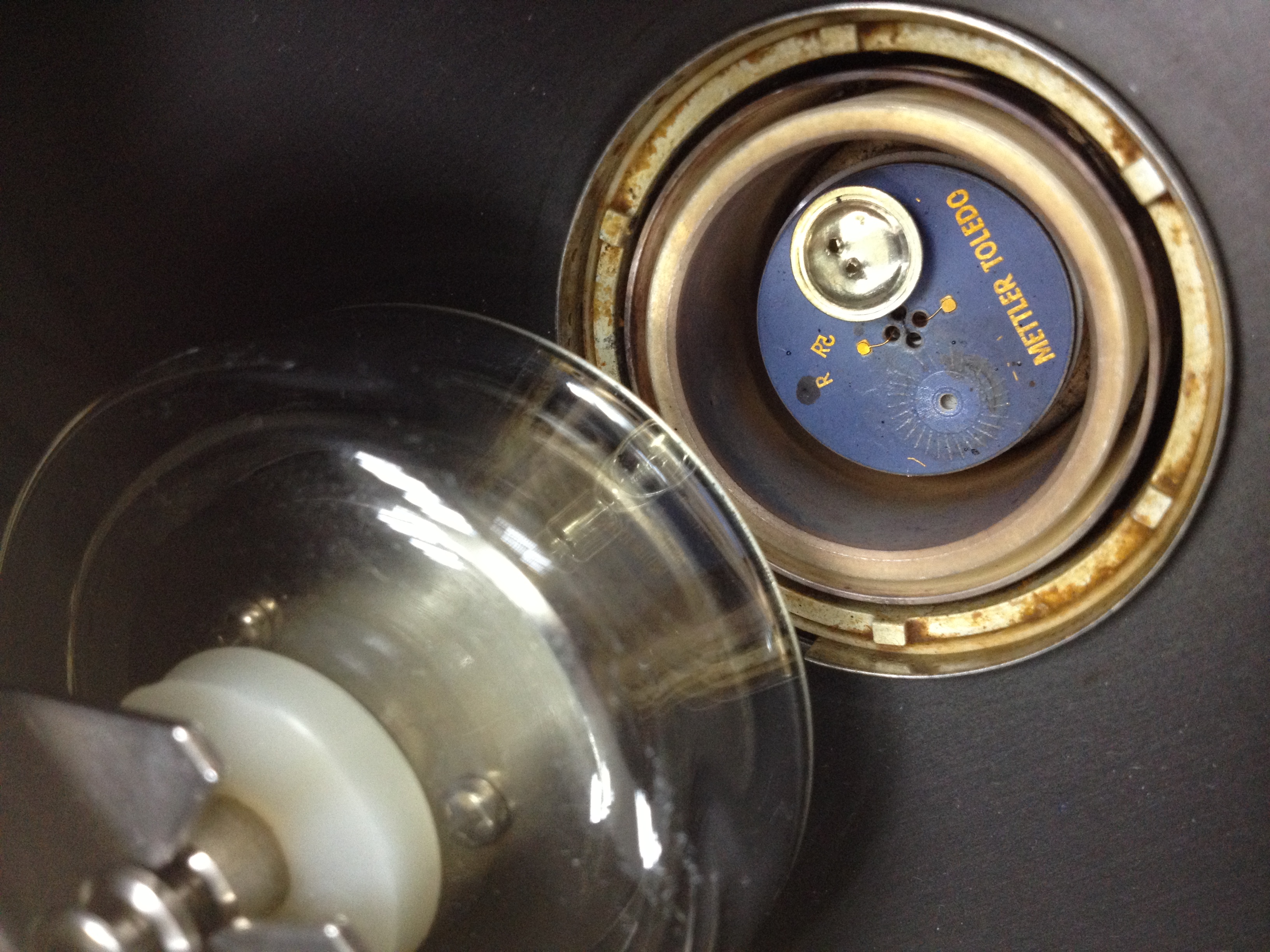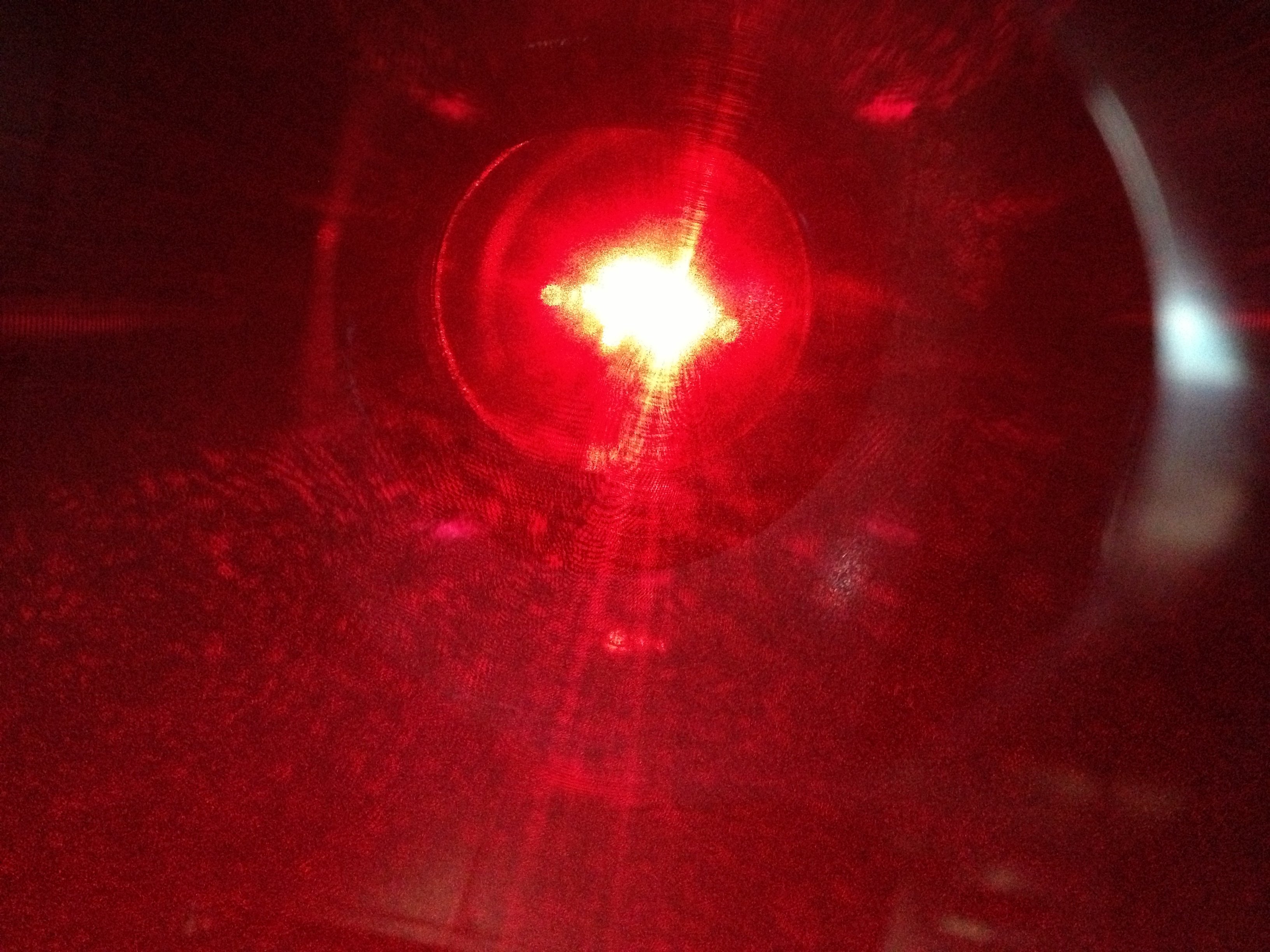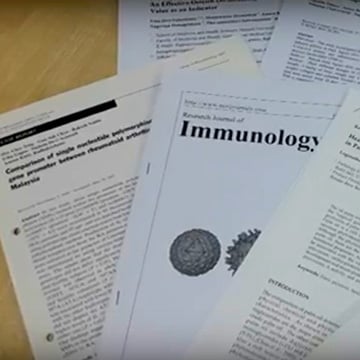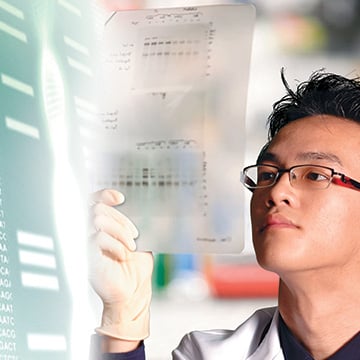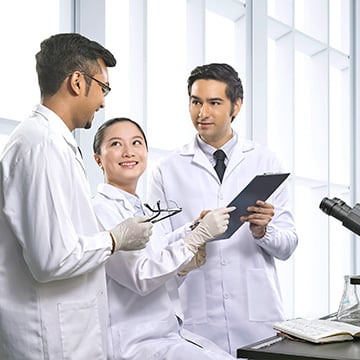June 2, 2017 Products & Services
The IMU Research Laboratory (RL) which occupies more than 26,000 square feet at its main campus in Bukit Jalil, houses a wide range of equipment for the conduct of biomedical research and analytical services. One major area in which IMU Research Laboratory offers a wide panel of analytical testing services involves the determination of the quality of water and other biological samples through the detection of both chemical and biological contaminants eg. ICP-MS is used to detect heavy metals and trace elements in environmental test samples. In addition, researchers can also access some of the equipment in the laboratory on an on-site rental basis eg. scanning electron microscope, flowcytometer, multiplex Luminex system, Fourier Transformed Infrared spectroscopy (FTIR), High Performance Liquid Chromatography (HPLC), and Differential Scanning Calorimeter (DSC).
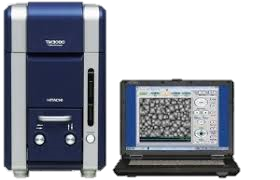
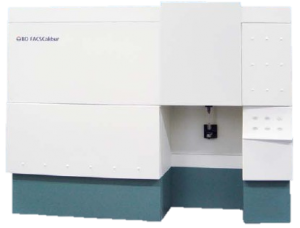
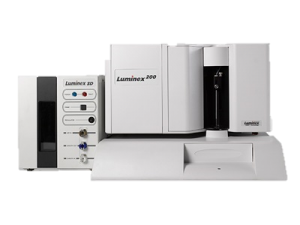
Besides, there are various consultancies and services offered by IMU researchers such as the RNAi core facility, as well as pharmaceutical services which include pre-formulation studies, formulation development, quality control test of solid dosage forms, stability studies, active pharmaceutical ingredient (API) dissolution/release testing. In addition, the other services offered by the Institute for Research, Development, and Innovation (IRDI) are the ethical review services by IMU-Joint Ethics Committee, research collaboration and services between IMU and its research hub partner, SRAS Berhad, as well as training and statistical support services.
IMU researchers also provide advisory and consultative services in the design and planning of research in specialised areas, as well as undertake contract research. For any enquiries, please drop us an e-mail. However, you may also direct more specific enquiries to the respective e-mail contacts listed under each section below.
Researcher Name: Prof. Chu Wan Loy
DID Number: +603 - 2731 7219 / ext: 1249
- Cylindrospermum sp. (Code - 8L1AS)
Descriptions: Airborne algae (cyanobacteria) – isolated from outdoor air in Bukit Jalil
Potential Applications: Allergenicity testing
- Chlamydomonas reinhardtii (Code- 5A1SS)
Descriptions: Soil algae (green algae) – isolated from soil of potted plants
Potential Applications: Toxicity testing
- Stichococcus bacillaris (Code - 7A1SS)
Descriptions: Soil algae (green algae)-isolated from soil of potted plants
Potential Applications: Toxicity testing
- Phormidium tenue (Code-8J1AS)
Descriptions: Airborne algae (cyanobacteria) - isolated from indoor air
Potential Applications: Allergenicity testing
- Ulothrix sp. (Code- 4A1SS)
Descriptions: Soil algae (green algae) - isolated from soil of potted plants
Potential Applications: Toxicity testing
Researcher Name: Dr Lee Choy Sin
DID Number: 03 - 2731 7471, ext 1218
- Differential scanning calorimeter (DSC)
Descriptions: Thermal analysis instrument – Determination of thermal events, i.e. melting point, glass transition and crystallisation temperature for food and pharmaceutical ingredients.
Potential Applications: Service (and results analysis) provider for characterisation of thermal events.
Researcher Name: Dr Then Yoon Yee
DID Number: 03 27317741, ext: 2863
- Fourier transformed infrared spectroscopy (FTIR)
Descriptions: Spectroscopy analysis – determination of
(a) functional groups on small molecule compounds and
(b) characterisation of secondary structure on proteins and peptide.
Potential Applications: Service (and results analysis ± chemometrics methods) provider for characterisation of functional groups and protein stability studies.
Researcher Name: Dr Wong Shew Fung
DID Number: +603-27317308 / ext: 1228
- Dermatophagoides farinae
Descriptions: House dust mite collected from upholstery in homes in Klang Valley, Malaysia
Potential Applications: Allergenicity studies, establishment of asthma animal models, development of diagnostic/therapeutic agents - Dermatophagoides pteronyssinus
Descriptions: House dust mite collected from upholstery in homes in Klang Valley, Malaysia
Potential Applications: Allergenicity studies, establishment of asthma animal models, development of diagnostic/therapeutic agents - Blomia tropicalis
Descriptions: House dust mite collected from upholstery in homes in Klang Valley, Malaysia
Potential Applications: : Allergenicity studies, establishment of asthma animal models, development of diagnostic/therapeutic agents - Aleuroglyphus ovatus
Descriptions: Storage mite isolated from the dust samples collected from the Animal Holding Facility of the International Medical University, Malaysia
Potential Applications: Allergenicity studies, establishment of asthma animal models, development of diagnostic/therapeutic agents - Suidasia medanensis / pontifica
Descriptions: Storage mite isolated from the dust samples collected from the Animal Holding Facility of the International Medical University, Malaysia
Potential Applications: Allergenicity studies, establishment of asthma animal models, development of diagnostic/therapeutic agents - Glycycometus Austroglycyphagus) malaysiensis
Descriptions: Storage mite isolated from the dust samples collected from homes in Klang Valley, Malaysia
Potential Applications: Allergenicity studies, establishment of asthma animal models, development of diagnostic/therapeutic agents
Download: Brochure
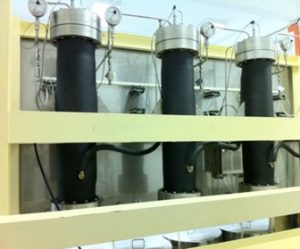
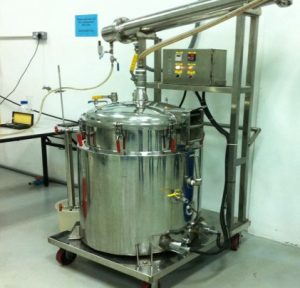
A research hub was established between IMU and SRAS Berhad in 2013 and under this partnership, SRAS has made available its Supercritical Fluid Extraction System (SCFS) in its GMP facility. The SCFS allows the rapid, efficient, economically competitive and environmentally friendly method to extract reasonably large amounts of analytes or components from complex mixtures such as herbal compounds, food products, wastes, etc. This has enormous applications to research and industry.
In addition, supercritical fluids have certain properties that provide some advantages for analytical extractions. They possess solvating powers similar to organic solvents, but with higher diffusivities, lower viscosity, and lower surface tension. By changing the pressure or temperature, or by adding modifiers to the supercritical fluid, the solvating powers can be adjusted to suit specific needs.
Supercritical fluid extraction facility
What are supercritical fluids? They are fluids that are produced by heating a gas above its critical temperature or compressing a liquid above its critical pressure. One example is carbon dioxide. These fluids are useful for extracting analytes or specific components from a variety of samples. The main advantages of using supercritical fluids for extractions is that they are inexpensive, contaminant free, and disposal of solvents used is less costly compared to organic solvents.
For this technology, a supercritical-fluid extractor is required and it consists of a tank of the mobile phase, usually CO2, a pump to pressurize the gas, an oven containing the extraction vessel, a restrictor to main high pressure in the extraction line, and a trapping vessel. Analytes or extracted components are collected by letting the solute-containing supercritical fluid decompress into an empty container, through a solvent.
Applications include extraction of pure extracts/components from herbal plants, medicinal foods etc.
Contact Person:
Dr. Donald K. F. Chen
Phone: 03-8736 1675
Email: [email protected]
Download: Brochure
The Department of Pharmaceutical Technology, International Medical University provides contract pharmaceutical services including pre-formulation studies, formulation development, quality control test of solid dosage forms, stability studies, active pharmaceutical ingredient (API) dissolution/release testing. Formulations developed includes solid oral dosage forms; sustained release tablets produced using coating technology or hydrophilic matrixes and enteric coated tablets. Contract service includes dissolution/release testing on API according to various standard methods (USP/BP) or other compendia methods. Pharmaceutical technology faculty has diverse skill in developing novel drugs delivery systems and clustered based on their expertise. The prime objective of department is to focus on developing novel drug delivery system to achieve improved efficacy and safety of therapeutic agents. Our faculty are currently involved in various research projects funded by IMU and other government funding authorities.
RNAi genetic screens provide an unbiased approach to better understand disease progression and gene-disease association, identify functionally important transcriptionally activated genes driving responses, characterize drug mechanisms of action, look for genetic sensitizers or blockers for compounds, and find novel drugs targets.
The table below lists the types of testing services and equipment that are available in the IMU Research Laboratory:
| Test | Parameters |
|---|---|
|
Photometric Test |
Please contact Res Lab at [email protected] for quotation |
|
Turbidity Test |
Please contact Res Lab at [email protected] for quotation |
| Liquid Chromatography-Mass Spectrometry (LC-MS) |
Please contact Res Lab at [email protected] for detail service |
| High-performance Liquid Chromatography | Rental of Instrument:
|
| Environmental (Ultra Trace Metals by ICP-MS) * Water samples |
Package:
Please contact Res Lab at [email protected] for quotation |
| Air Quality Analyser |
Rental of Instrument (Daily basis)
Please contact Res Lab at [email protected] for quotation |
| Scanning Electron Microscope (SEM) |
|
| Flow cytometer |
Rental of Instrument:
Please contact Res Lab at [email protected] for further discussion |
| Luminex Multiplex analysis |
Please contact Res Lab at [email protected] for further discussion. |
The goal of the Training and Statistical Support unit is to help the IMU campus community to conduct well-designed research projects with a strong focus on statistical data analysis in relation to grant proposal and publication as well as research dissertation. We are a group of researchers with different scientific backgrounds. We provide a free statistical consulting service to research faculty, staff, post-graduate students, and undergraduate students at any stage of your research. However, we encourage you to come to our service at the early stage of your research so that the consultation can be useful at the study design stage. What kind of assistance do we provide?
- We will advise you on the various statistical data analyses that can be performed on your data. We will outline the advantages and disadvantages of the proposed analyses, but it is up to you or your supervisory committees (if you are post-graduate students) to decide on which is the appropriate statistical data analysis for your research.
- We will suggest strategies and provide resources for your statistical data analyses but we will not write the statistical programs or perform the statistical data analyses for you.
- We will provide learning resources of SPSS, SAS, R, and Stata for you to perform your own analysis.
To schedule a consultation, please email us to inquire the consulting service of your project:
- Send email to: Dr Elaine Chan Wan Ling ( [email protected])
- Please put Statistical consultation in your subject line
- If possible, please provide a short description of your project and problem


